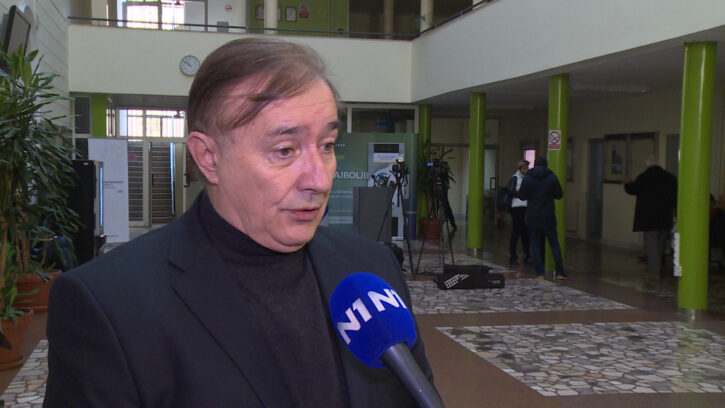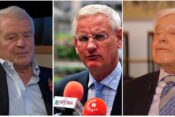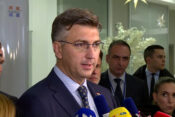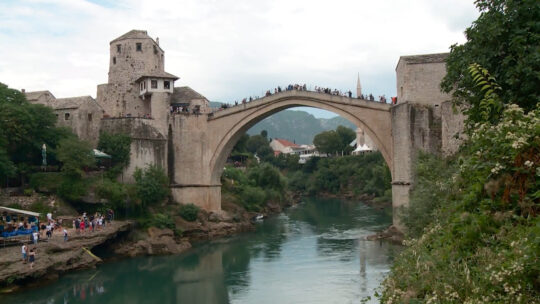
Croatia is either reaffirming its wartime politics toward Bosnia or Bosnian Croats are shaping its foreign policy, sociology professor Slavo Kukic said on Sunday, adding that the EU should respond to this in a much clearer way.
During the 1992-1995 war in Bosnia, Zagreb supported Bosnian Croats in their efforts to chop off the southwestern part of the country that is predominantly inhabited by Bosnian Croats and make it part of Croatia.
Decades later Croatia is complaining to the EU about the election of left-leaning Zeljko Komsic as the Bosnian Croat representative in the country’s tripartite Presidency, saying the numerically dominant Bosniaks had elected him, while Bosnian Croats had overwhelmingly voted in October for Dragan Covic, the head of the Bosnian branch of the Croatian Democratic Union (HDZ) which is in power in Croatia.
Bosnian Croats are again backed by Zagreb in their claim that people in Bosnia should be voting along ethnic lines and reject the concept of one-person-one-vote. They are asking for the Election Law to be changed, and for Croats to have their own autonomous region within Bosnia as the Serbs do.
EU member Croatia has been their voice in Brussels.
“It is unbelievable that the European Union has been benevolent toward this, although the ministerial council has once already once ignored Plenkovic’s demands,” he said, referring to the Croatian Prime Minister, whose requests Kukic called “anti-European,” and “not in accordance with the values of Western European countries.”
Should Croatia not back down from those ideas, the EU will have to be more clear in its stances toward Zagreb, he said.
“The question arises – where does Plenkovic’s politics come from?” Kukic asked.
“Is it simply consciously oriented toward affirming the basic ideas od (wartime Croatian President Franjo) Tudjman ideas or has Bosnia’s HDZ and Dragan Covic personally begun shaping Croatia’s politics,” he speculated, but added that he thinks that it may be both.
Not even open letters by former High Representatives in Bosnia have had an influence on Croatia’s determination to pursue the issue, and that should be a strong message to Brussels, Kukic said.
Three former top officials wrote to the EU accusing Croatia of meddling in Bosnia’s internal affairs.
“Other warnings have also not had an impact, and I believe that the European Union will have to be much clearer toward Croatia than it was until now,” he concluded.






